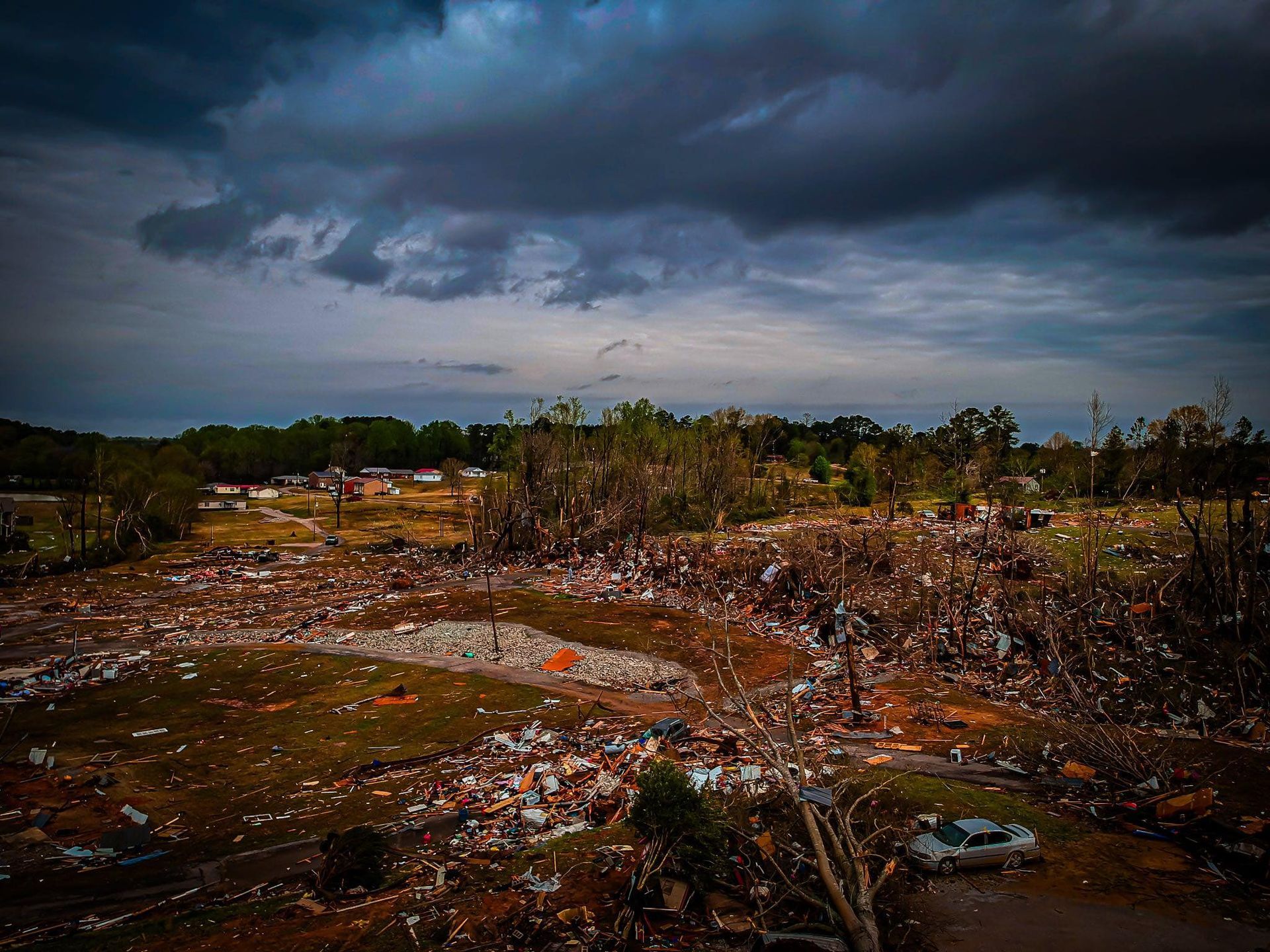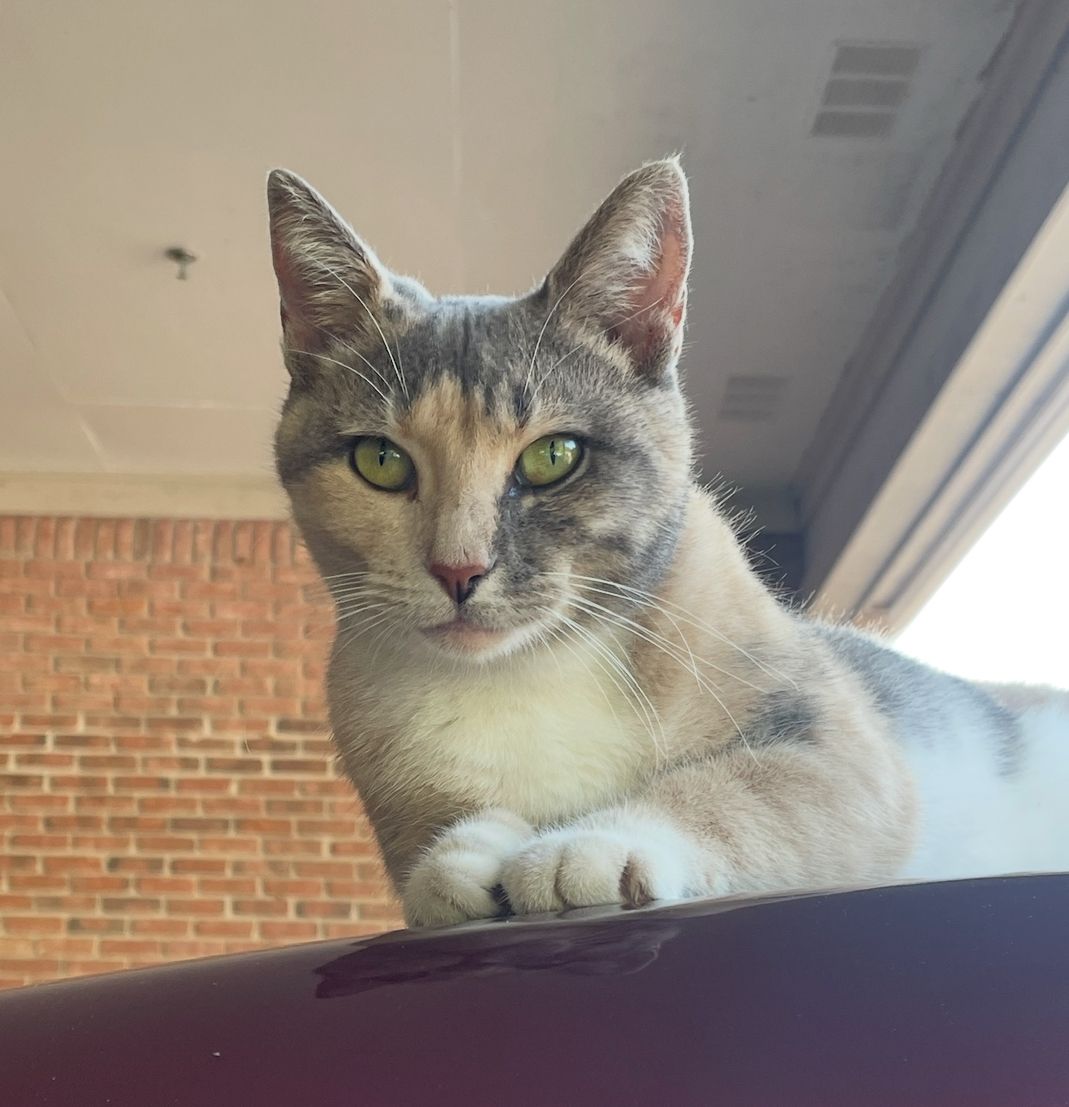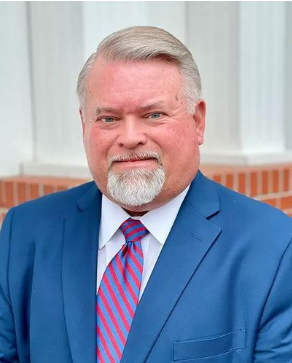In case you missed it (which begs the question . . . how in the world?!), we’ve landed smack at the beginning of a brand new year. And if you live in the United States, you may be one of the 33.33% of the population that makes one or more New Year’s resolutions. Believe it or not, there’s a study for that. Of that 33.33%, adults under 30 comprise 52% of the hopeful, while those in the 30-44 age range make up 44% of the resolvers. Bringing up the rear are the 45-64 year olds at 27% while those of us 65 and older have practically given up on annual self-improvement promises. Only 18% of us are resolving to do . . . whatever.
I’ve always viewed resolutions as To-Do lists for the new year. And how many of us (I’m sure far greater than 33.33%) utilize To-Do lists? If not on a daily basis, at least when planning an event or leaving for a trip or any other major event. Some of us depend solely on our brain power and can keep our lists in our heads (I am not one of those people). Some of us jot them on envelopes or organize them numerically in order of priority on lined notebook paper (I am also not one of those people). And some of us just keep a note in our phone (that would be me).
Given the timing, what with the new year and all, I thought I’d take a moment to encourage everyone to create the definitive “Things I Really Need to Take Care of Sooner Rather Than Later But Probably Don’t Want To Do” list. So, here goes . . .
1. Check the beneficiaries on your insurance. If the one you have listed has already died, take the steps necessary to change it to someone living. And if you don’t have a contingent beneficiary (someone who will receive the proceeds of your policy if the first beneficiary has died), then name one. Dead people can’t collect on insurance policies and often companies will only pay to an estate if your beneficiary is deceased. And that produces a whole ‘nuther level of complicated if you don’t have enough assets to require setting up one.
2. Complete a living will or review the one you already have. A living will tells your loved ones and the medical professionals in charge of your treatment what healthcare decisions you want made when you are unable to speak for yourself. If you don’t want heroic measures taken to prolong your life . . . or if you do . . . this is your means of officially telling the world.
3. Name a Durable Power of Attorney for Healthcare or touch base with the one you already have. This person will be responsible for carrying out your wishes when you are unable to express them (hence, the need for the living will). They will also have the authority to do three things after you die. 1) Arrange for an autopsy, 2) Agree to a donation of your organs, and 3) Arrange for the disposition of your remains (i.e. ~ make your funeral arrangements). Needless to say—but I shall say it anyway—this person must be someone you trust with your life . . . because you literally are.
4. Name a Durable Power of Attorney or touch base with the one you already have. This person will be able to continue taking care of your finances when you are no longer able, within certain guidelines, which means this person must also be someone you trust. As a reminder, this person’s authority over your finances ends the minute you draw your last breath. The. Minute.
5. Review or draw up your last will and testament. This step may not apply to everyone, depending upon your assets and who will inherit. Even a handwritten will is acceptable in Tennessee (and a multitude of other states) as long as the material provisions are completely in your handwriting, and it is signed by you. However, when the will is submitted for probate, two witnesses will have to swear the handwriting is yours.
6. Talk to the nice people at your bank. Bank and savings accounts can be set up in a multitude of ways, and you need to decide what’s best for you. Do you want someone to still have access to the funds after you die? Then they need to be a joint owner of the account, not just have the ability to sign your checks. That ability to sign is great while you’re alive, but it ceases once you do. Do you want those funds to go to a particular individual? See if adding a beneficiary on the account is an option or specifying to whom it should transfer at your death.
This is just the Reader’s Digest Condensed version of a list that, if we’re honest about it, none of us wants to contemplate (‘cause it also requires an acknowledgment of our own mortality). There are all kinds of printed guides in the world that can provide you with a more definitive To-Do list as well as organizational sections for listing your bank accounts, insurance policies, and all the other things your family will be hunting for one of these days. And most of them are available online for a nominal fee; however, if you’re interested in a freebie that definitely works in the state of Tennessee, you can contact your local Shackelford office and they will gladly provide you with a copy. Whatever tools you choose to use as you approach these very important decisions and documents, one thing is absolutely certain. One of these days, hopefully later rather than sooner, your family will thank you for it.
About the author: Lisa Shackelford Thomas is a fourth-generation member of a family that’s been in funeral service since 1926 and has worked with Shackelford Funeral Directors in Savannah, Tennessee for over 45 years. Any opinions expressed here are hers and hers alone and may or may not reflect the opinions of other Shackelford family members or staff.













